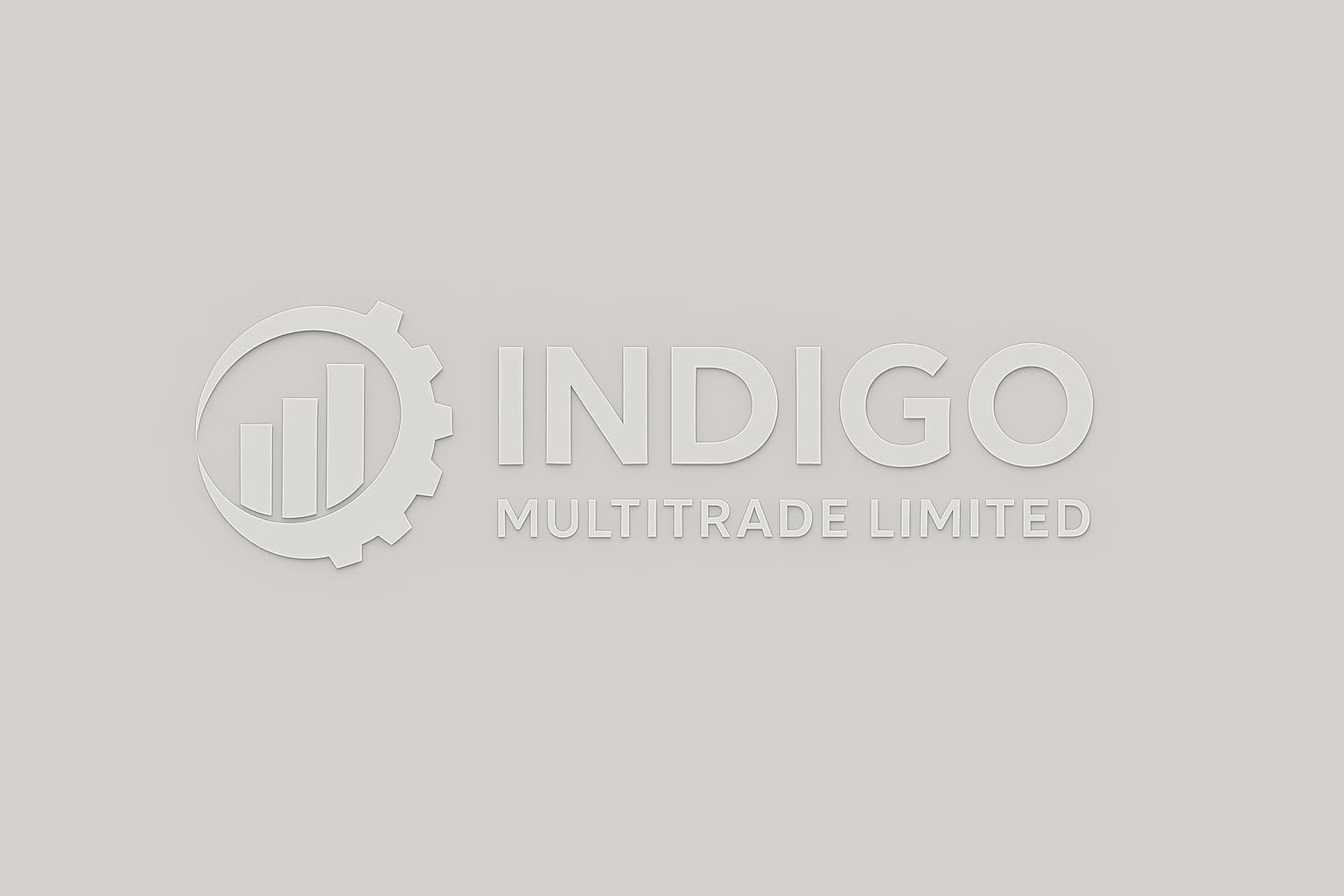
-
Indigo Multitrade Services Limited > Services > Exclusive distribution of Products
Exclusive distribution of Products

Securing Exclusive distribution of Products for our Clients
In the dynamic world of business, controlling the way your product reaches the customer is an art. Exclusive distribution is one such art, enabling manufacturers to control their product’s journey from the factory to the customer’s hands. But how does it work, and what makes it so unique? Let’s find out.
Exclusive distribution is a strategic partnership where a single distributor is granted the right to sell a product in a specific market, benefiting manufacturers with consistent branding, controlled pricing, and reduced competition. A comprehensive and legally compliant exclusive distribution agreement is essential to define the terms of partnership, pricing, quality, marketing, and territorial scope to ensure mutual benefits and avoid legal disputes. Selecting the right exclusive distributors involves assessing potential partners for financial stability, market understanding, reputation, and alignment with company goals to build successful, enduring partnerships.
Exclusive distribution is an effective product distribution strategy that manufacturers use to control how their products or services reach consumers. In essence, it involves granting a single distributor the exclusive rights to sell a product in a certain market or region.
Some key benefits of exclusive distribution include:
- Ensuring consistent branding and messaging
- Maintaining control over pricing and distribution
- Building strong relationships with distributors
- Reducing competition and protecting market share
Overall, exclusive distribution helps manufacturers maintain a strong presence in the market and ensure the success of their product distribution or services, offering exclusive distribution advantages. By choosing to utilize exclusive distribution, manufacturers can further strengthen their market position.
The exclusive distributor becomes a significant partner, dedicated to selling the manufacturer’s products with greater intensity than competitors. This reinforces the product’s exclusivity and differentiation in the market.
The Essence of Exclusive Distribution
Fundamentally, exclusive distribution is a contractual agreement between a manufacturer and a distributor, where the distributor gets the exclusive rights to sell the manufacturer’s products in a particular territory.
At its core, exclusive distribution establishes a binding agreement between a manufacturer and a distributor, granting the latter the sole authority to market and sell the manufacturer’s offerings within a defined geographical area. A prime example of this strategy can be observed in the automotive sector, where dealerships are uniquely franchised to sell particular car brands within specific territories.
For manufacturers considering or managing exclusive distribution networks, having a detailed list of retail stores within potential or existing territories can provide invaluable market intelligence. This allows for a better understanding of the retail landscape and helps in evaluating the potential reach and effectiveness of exclusive agreements.
Mapping the Benefits
Exclusive distribution has unique strategic benefits. It allows manufacturers to maintain better control over their brand image and facilitates the implementation of premium pricing strategies. By selecting exclusive distributors with the financial capability to stock substantial quantities of the product, manufacturers can ensure product availability and mitigate financial risks associated with inventory management.
Navigating the Challenges.
While exclusive distribution has multiple advantages, it also has associated challenges. Companies can face difficulties when the product experiences widespread demand, uncertainties in the supply chain, or when pricing changes impact the perceived exclusivity.
To lessen these risks, manufacturers should carefully evaluate channel members, negotiate distribution agreements cautiously, and be prudent when granting unconditional exclusivity.
Crafting Your Exclusive Distribution Agreement.
An exclusive distribution agreement lays the foundation for the relationship between the manufacturer and the distributor. It outlines the following terms and conditions that both parties must adhere to:
Pricing and payment terms
Quality standards and warranties
Marketing and promotional activities
Scope of territory and exclusivity
By having a clear and comprehensive agreement in place, both the manufacturer and the distributor can ensure a successful and mutually beneficial partnership.
Considering the legal aspects is vital to ensure the agreement is valid and compliant with the relevant laws.
Key Elements of an Agreement
A comprehensive exclusive distribution agreement is necessary, encompassing all the terms that are mutually agreed upon by both parties in an exclusive agreement. This includes the financial terms, performance obligations of the distributor, and also the terms of termination. These elements ensure that both parties are committed to meeting their obligations and working towards a common goal, as outlined in their exclusive distribution agreements.
Legal Considerations
When creating an exclusive distribution agreement, it’s important to ensure that it complies with all relevant laws and regulations. This includes:
Meeting the legal obligations and implications of antitrust laws.
Incorporating necessary clauses to guarantee legal compliance
Structuring the termination clause to ensure legal validity
A legally sound agreement is vital to avoid potential conflicts and legal disputes.
Indigo Multi Trade has secured exclusive distribution agreements of more than 50 foreign products into the West African sub-regional market. We identify and Select Exclusive Distributorship for our clients, Choosing the appropriate exclusive distributor is a significant step in the successful implementation of an exclusive distribution strategy. Talk to us if you are a company, distributor or wholesaler looking to secure an exclusive distribution of a foreign product. We are in contact with more than 100 foreign manufacturers of different products who are ready to grant exclusive rights to competent and reliable distributors across West Africa.
